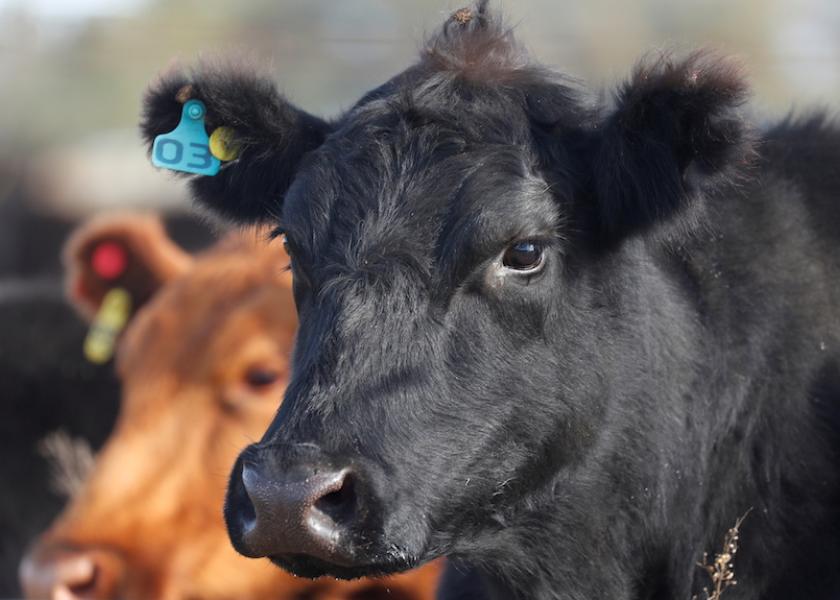Argentina Says Deal on Re-Opening Beef Exports May Be Close, Talks Continue

Talks between Argentine policymakers and meat industry officials are on track to reach a deal on re-opening exports, officials said on Tuesday, days ahead of the expiration of the government's month-long suspension of international shipments.
Argentina, China's second-biggest beef supplier after Brazil, halted exports for a month in mid-May as it grappled with runaway domestic inflation. Meat packers have since been negotiating a way to lift the curbs amid fears they could be extended.
The difference in positions was "narrowing", a source in the office of President Alberto Fernandez told Reuters, asking not to be named due to the high sensitivity of the talks. Overall inflation is expected at about 50% this year, with the government under pressure to control rampant price increases.
With congressional elections looming at the end of the year, beef prices are a huge political issue in Argentina, where weekend barbecues are part of the local culture.
"It is very possible that an agreement will be reached," the source said. "We are seeking an agreement that would allow the meat export market to reopen while expanding production enough to guarantee domestic supplies as well. We want to cover both."
In the twelve months through April, domestic meat prices in Argentina soared between 60% and 70%, according to official data. In the first four months of 2021, 28.8% of the 965,286 tonnes of beef produced in Argentina were exported, according to the Agriculture Ministry, of which 76.6% went to China.
Argentine Production Minister Matias Kulfas told local television late on Monday that the government is "close to reaching an agreement on meat" that would free up exports.
Local meat industry representatives could not be immediately reached for comment.
Beef prices are surging worldwide as Chinese imports rise and the cost of feeding cattle soars amid high grains prices, taking meat off the menu in steak-loving Buenos Aires and driving up the cost of summer barbecues in the United States.
The dynamic is contributing to the highest food prices globally since 2014, according to the United Nations food agency, hitting poorer consumers particularly hard as they recover from the economic consequences of the COVID-19 pandemic.
(Reporting by Maximilian Heath; Writing by Hugh Bronstein; Editing by Jan Harvey)







